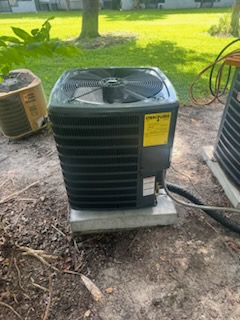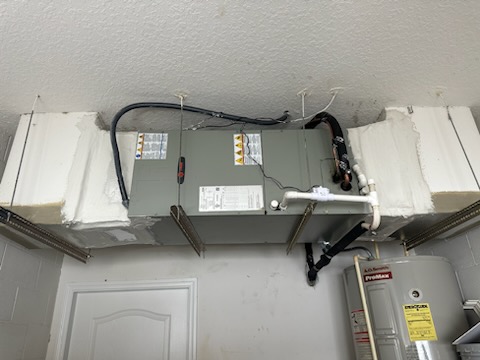Common AC Problems and How to Fix Them
Common AC Problems and How to Fix Them
Blog Article
How Regular AC Maintenance Reduces Repair Costs
Heating, Ventilation, and Air Conditioning (HVAC) techniques are necessary for maintaining ease in homes and businesses. But, like all mechanical techniques, they can fail around time. Distinguishing early signals of trouble can save you from expensive repairs and guarantee the body runs efficiently. Here's how to recognize when your HVAC service process needs repair:

Signs Your HVAC System Wants Repair
There are numerous signs that the HVAC system may need repair. Some are far more obvious than others, but it's important to focus on any improvements in your system's performance. Ignoring potential issues may lead to help injury and expensive repairs down the line.
Strange Tones
One of the very most noticeable signals that your HVAC process needs fix is uncommon disturbances coming from the unit. If you hear going, clanging, or grinding looks, it might indicate that there surely is a loose or broken component within the system. It's important to not dismiss these tones and keep these things tested by a professional the moment possible.
1. Sudden Escalation in Power Bills
One of the very noticeable signals your HVAC system could need fix is an immediate spike in power bills. If your time use hasn't changed significantly, your costs have increased, it might indicate that the machine is functioning tougher than it should. That usually occurs as a result of wear and split or components that need maintenance. Addressing the issue promptly may reduce more effectiveness losses and larger costs.
2. Uncommon Sounds
HVAC systems work with a specific amount of history sound, but uncommon sounds like rattling, knocking, squealing, or running shouldn't get unnoticed. These sounds may suggest free parts, fan dilemmas, or generator problems. Ignoring them could lead to significant injury, turning an affordable resolve into a pricey fix job.
3. Fragile Circulation or Irregular Conditions
If airflow from your HVAC is noticeably weaker or some areas sense too cold or warm while others are relaxed, it might signify your system's fan or ductwork is compromised. Such problems can base from a clogged filter, duct flow, or declining compressor. Prompt attention may assure your house maintains regular ease levels.
4. Strange Scents
An unpleasant smell coming from your ports is never a good sign. A musty smell may show mold development within the device, while burning or smoky scents can indicate electrical or physical issues. These scents shouldn't be ignored as they might pose health threats or result in program failure.
5. Regular Cycling or Trouble Starting
Does your HVAC system turn on and off more often than usual? Or does it battle to start at all? These issues can signal a problem with the thermostat, wiring, or other inner components. Continuous biking wastes power and increases wear on the machine, leading to more substantial breakdowns if left unaddressed.
6. Excess Moisture or Water Build-up

Your HVAC process is accountable for sustaining correct indoor moisture levels. When you notice extortionate humidity near the system or feel extraordinarily large moisture indoors, it could suggest the machine is malfunctioning. Refrigerant escapes or blocked drainage are typical culprits, and they require immediate professional evaluation.
Final Ideas
Your HVAC program is a important expense in home ease and energy efficiency. Knowing early caution signs and working rapidly can help reduce expensive breakdowns and expand the life of one's system. Consider these dilemmas and consult an avowed HVAC technician when you notice any one of them. Aggressive treatment today can help you save time, income, and pressure tomorrow. Report this page